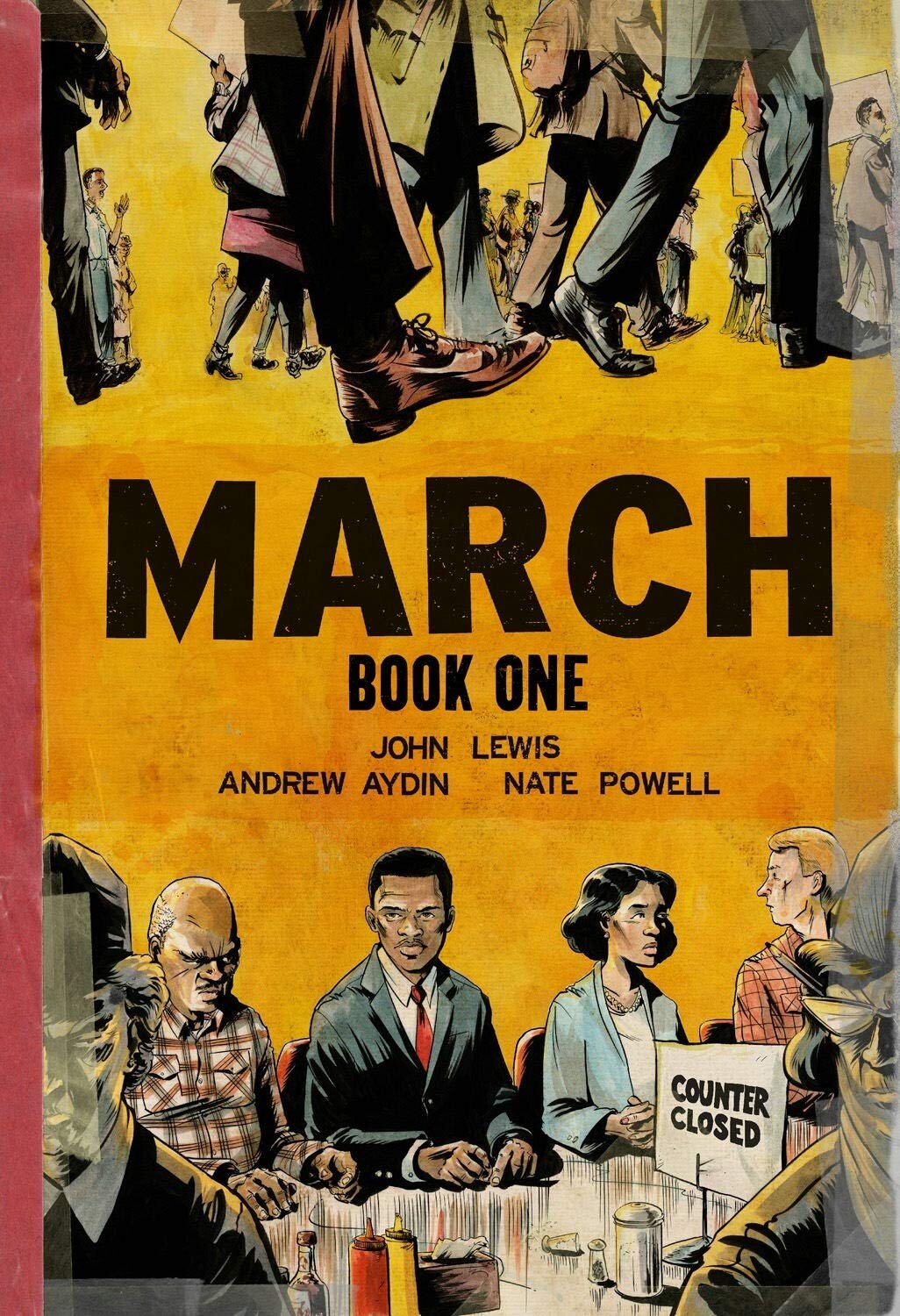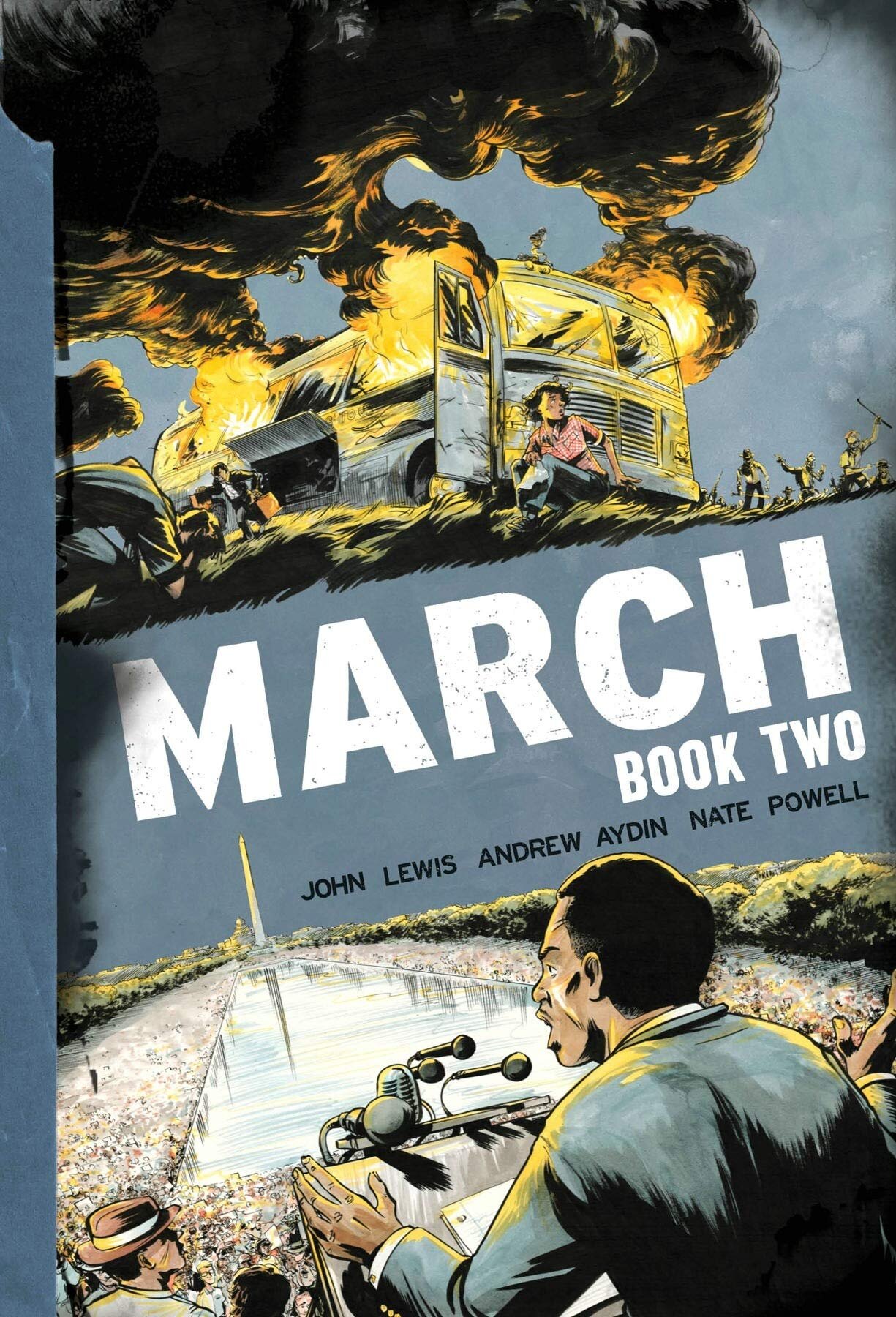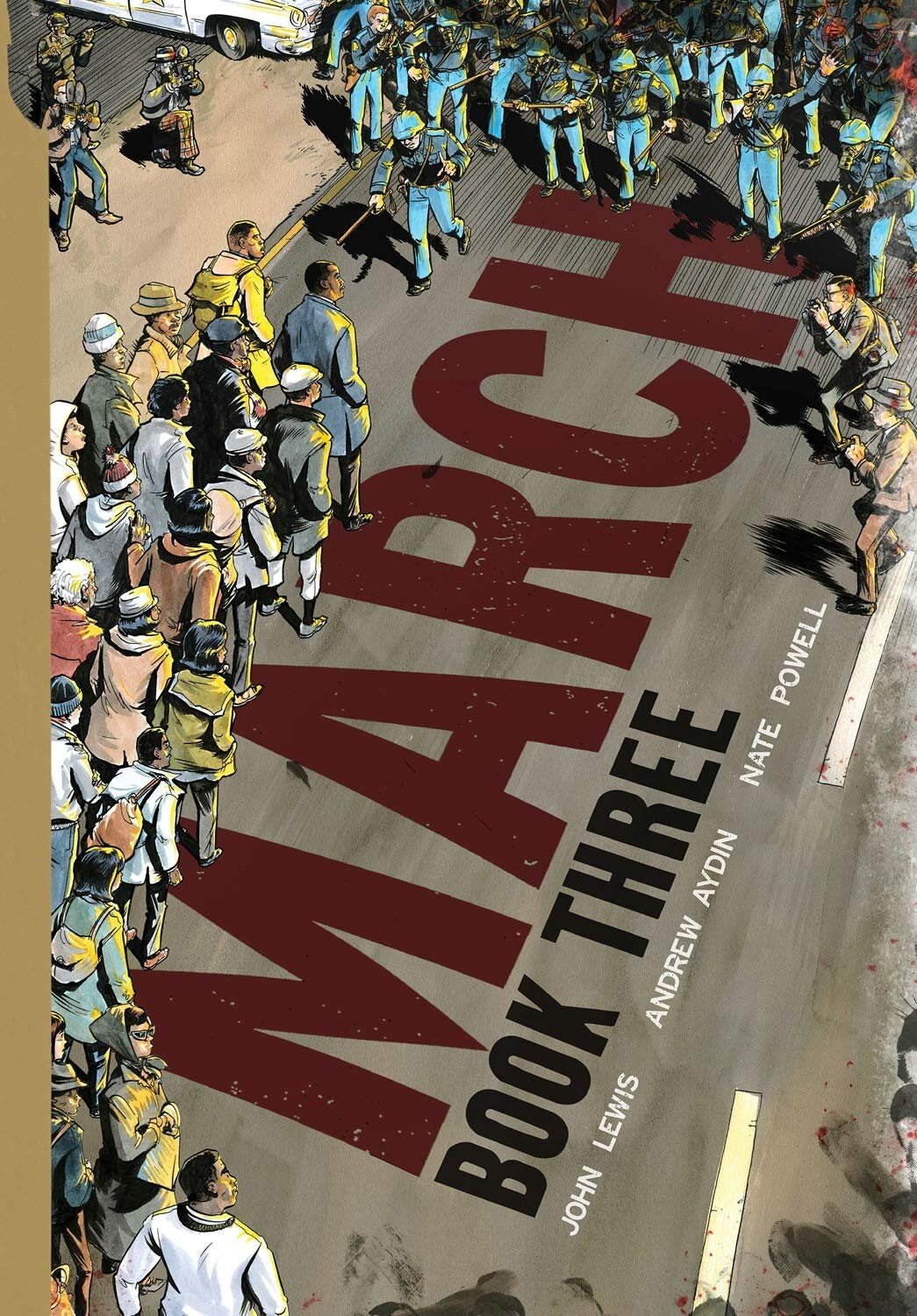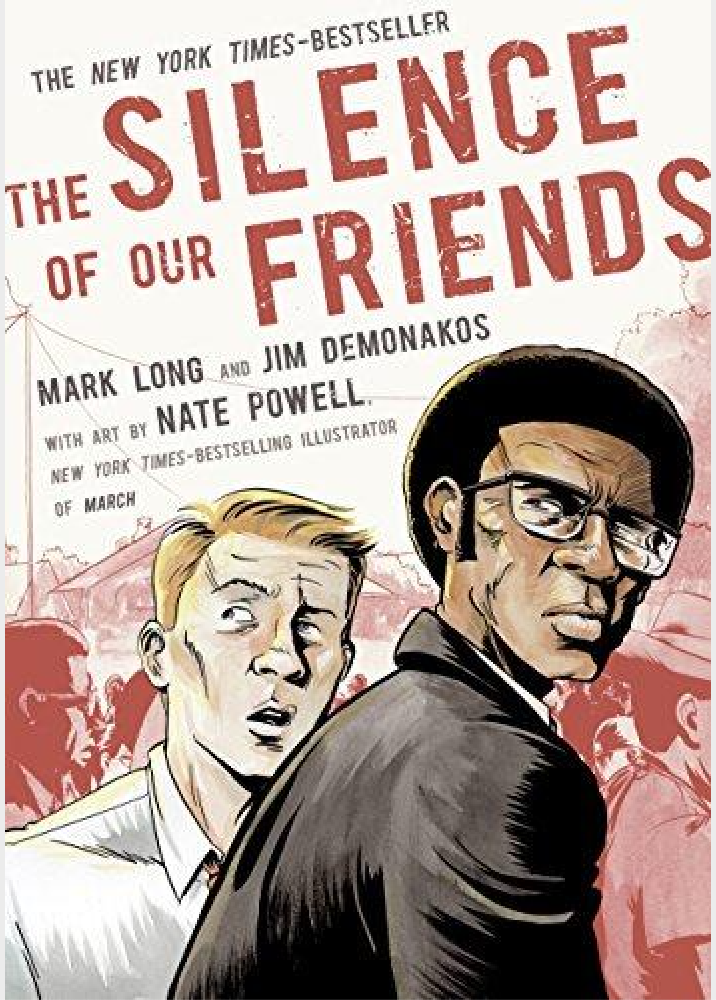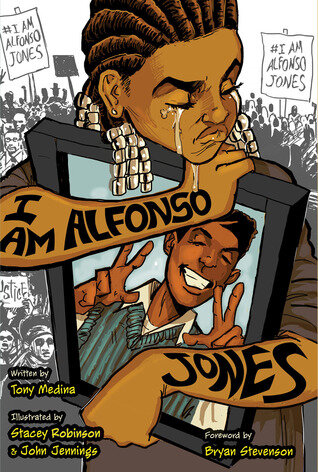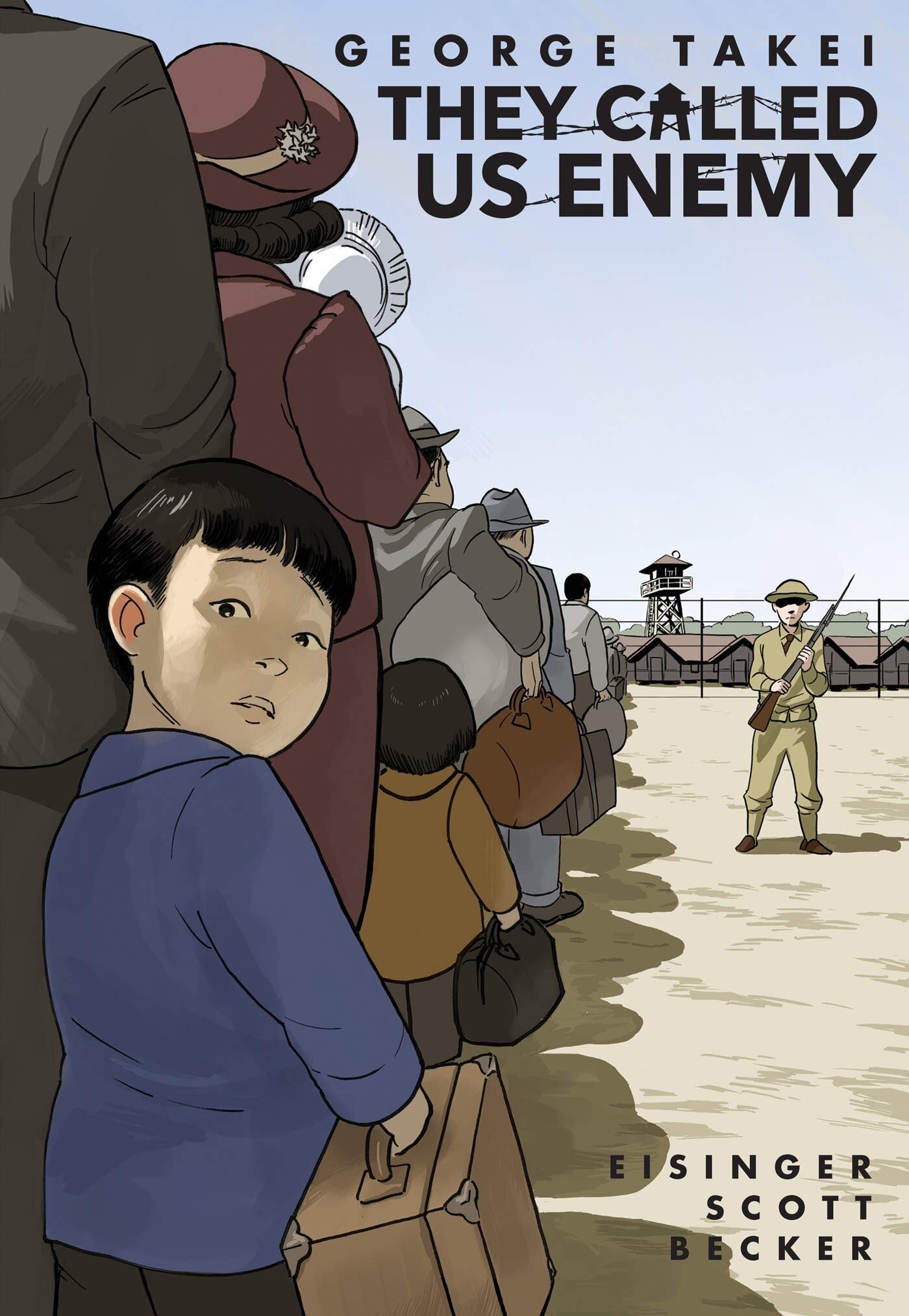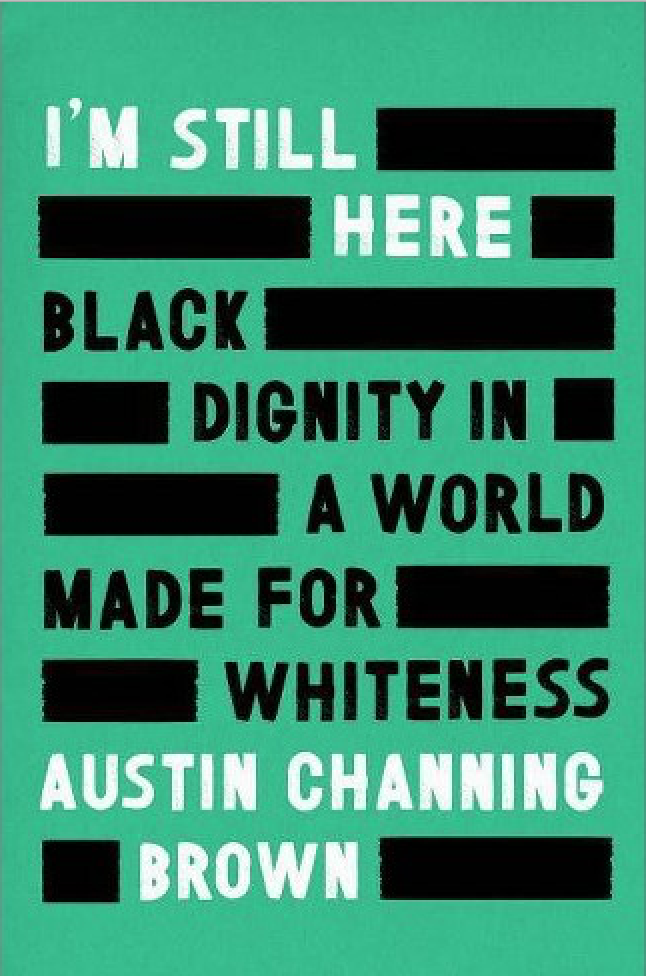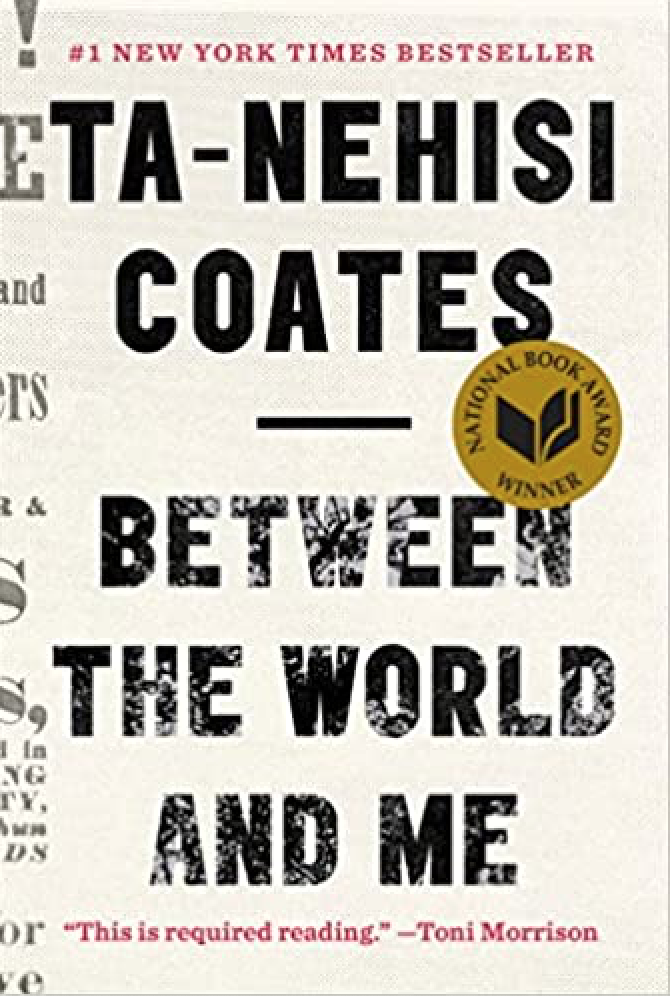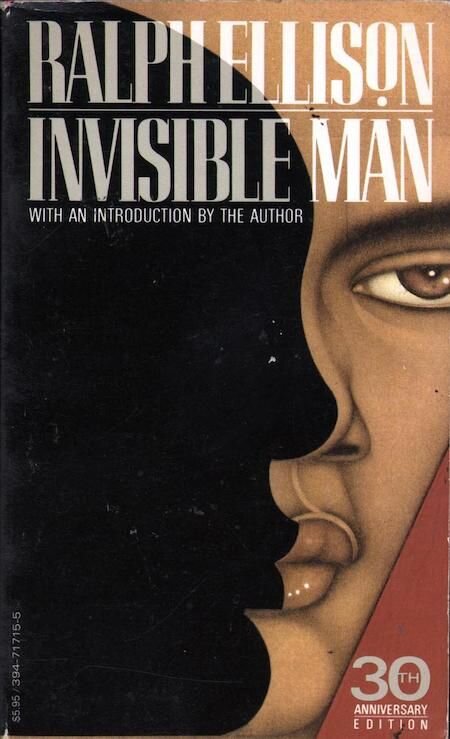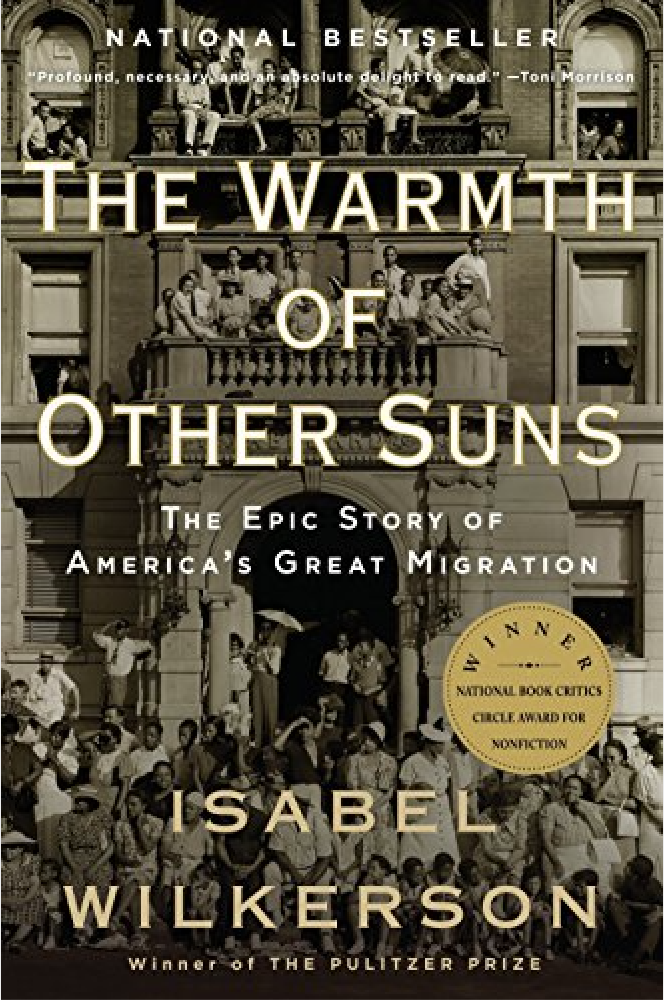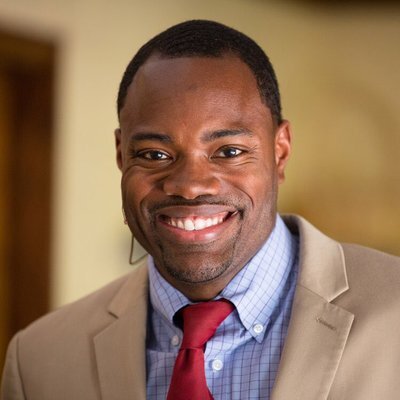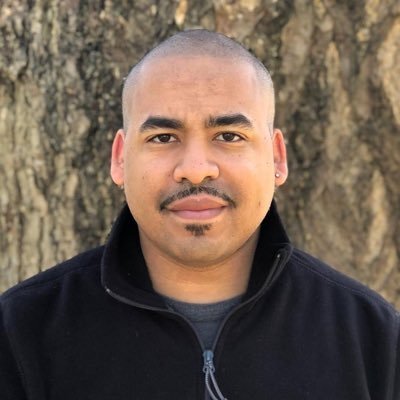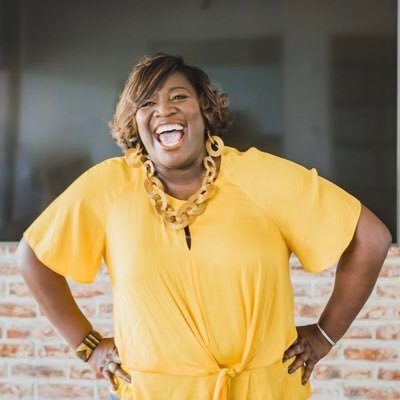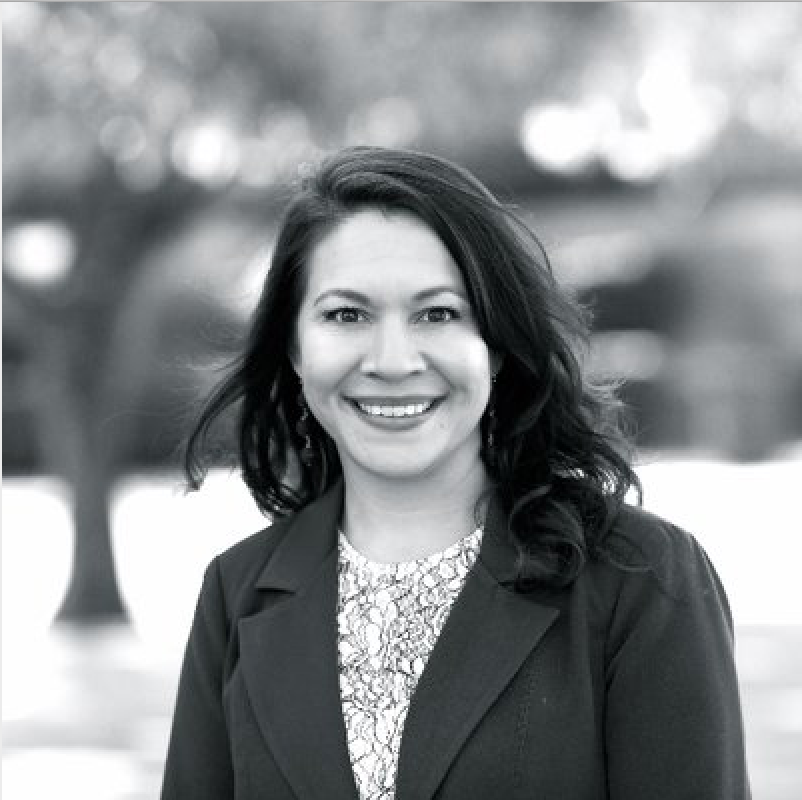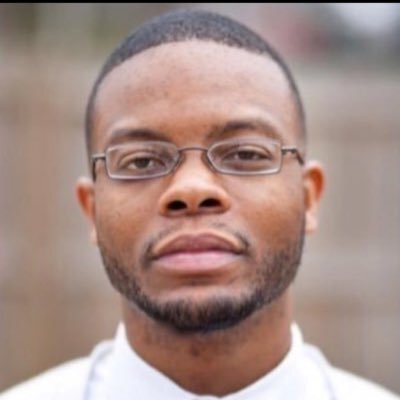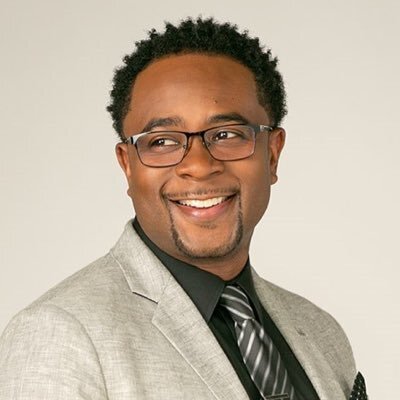The Conflicting Emotions Of Grief
As part of my role as a Bereavement Counselor, I have a list of people that I regularly keep in contact with. We start out with weekly phone calls and gradually taper off. I am not there to tell people how to grieve. These weekly phone calls are precious times to check in with people grieving the loss of a loved one. And I often start each weekly conversation in a similar fashion: I’ll ask about how you’re eating and sleeping, how’s your support system, and; where you’re at emotionally this week.
Grief is an emotional process. It is that love for someone special with nowhere left to go. Its object has been removed. The Muse is gone. Grief and love are interconnected and grief is not a problem to be solved, but a process to go through.
However, our culture does not equip us to really face and deal with our emotions. Somewhere along the way, many of us have picked up the idea that openly displaying our emotions is somehow a sign of weakness. I’ve got to be strong for others usually means shutting down our emotions, or only allowing them the freedom flow when we’re alone. Vulnerability is seen as weakness, but if you believe that crap, I suggest you just go read some Brené Brown.
And it’s not just that we’re taught to bottle up our emotions (which are energy, by the way), it’s that we are often not well equipped to even identify, much less respond to our emotions. That’s why I regularly ask people where they’re at emotionally this week. I encourage them to use feeling words and actually identify the emotions running through them.
One surprising realization for many people is that they are actually feeling conflicting emotions at the same time. They are angry and relieved. They are sad but hopeful. They are grieving but joyful. All at the same time. We contain multitudes. But we’re not taught how to navigate such deep waters.
Grief is the natural reaction to any significant loss or change.
For man people, grief is evidence of love; it is that love for someone special with nowhere left to go.
Grief is not a problem to be solved but a process to go through.
Grief is an emotional process.
And grief contains conflicting emotions at the same time.
Such turbulent waters require growing in self-awareness and practicing grace. We are often our own worst critics and that’s where things like timelines enter the grieving process for many. Why am I not further along? So we compare ourselves to others or judge or progress instead of letting the conflicting emotions inside of us unweave themselves from one another. Grief requires emotional situational awareness and the willingness to let go of understanding and let our emotions play themselves out. This is a painful process but we must accept that we can have conflicting emotions running through us at the same time.
Understanding that grief can contain conflicting emotions at the same time can also help us understand why it is that grief is both universal but unique. No one goes through grief in the same way because no one has the same story; no one has the same gumbo of emotional history.
So let’s give ourselves and one another some grace along the way.




